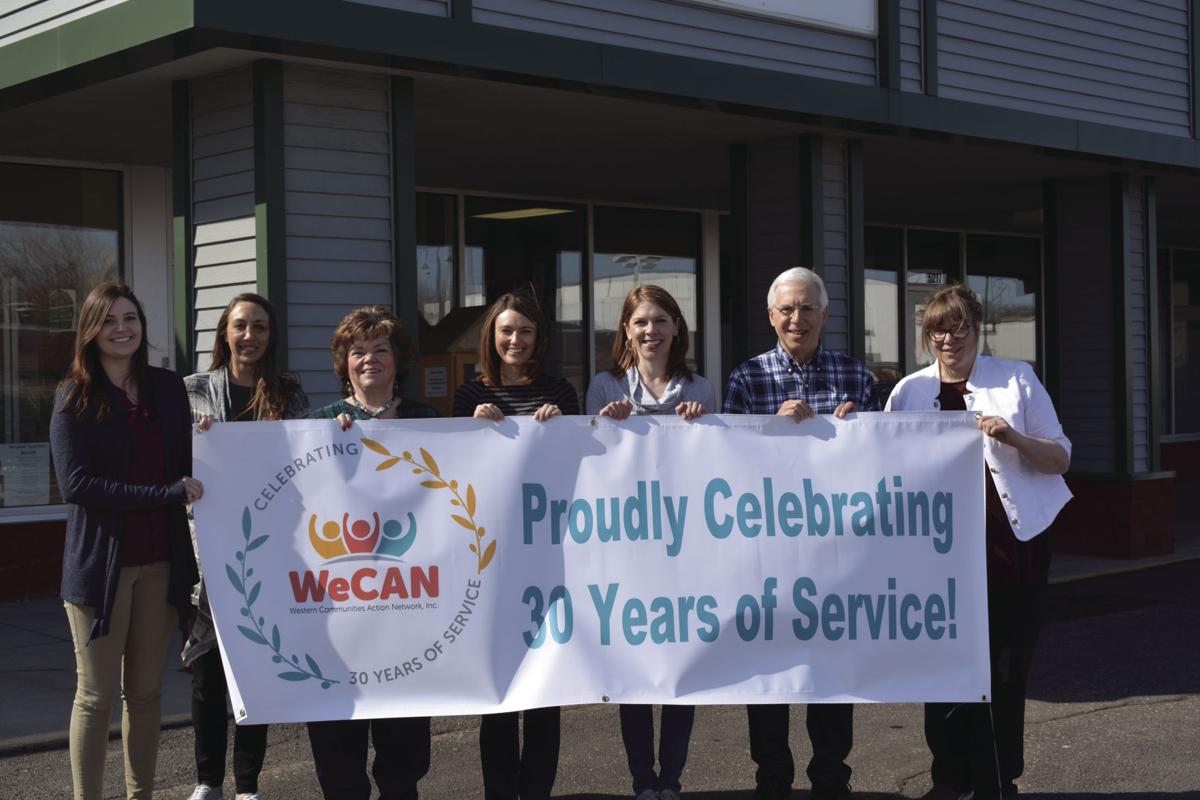- About
- Topics
- Picks
- Audio
- Story
- In-Depth
- Opinion
- News
- Donate
-
Signup for our newsletterOur Editors' Best Picks.Send
Read, Debate: Engage.
| June 11, 2019 | |
|---|---|
| topic: | Women's rights |
| tags: | #women's rights, #violence, #abuse, #Africa, #Nigeria |
| located: | Nigeria |
| by: | Ndubuaku Kanayo |
The protesters who marched with leaves to the palace of Deji of Akure complained that the herdsmen, armed with all sorts of weapons, molest, maim and rape. Furthermore, they claimed these herdsmen even destroy their farmlands and livestock.
According to Nigeria's Representative to the United Nation Entity for Gender Equality and the Empowerment of Women (UN Women), Ms Comfort Lamptey, increasing terrorist activities in Northern Nigeria has contributed more to violence against women, in a gender analysis of the impact of Boko Haram Insurgency, she reveals that while more men have died abruptly, an overwhelming majority of women have been displaced, raped and rendered homeless with their children who make up an estimated 1.8 million internally displaced persons (IDP's).
In North East, Nigeria, the escalating humanitarian catastrophe has affected the safety and well-being of women and young girls.
More than 54% of the 1.8 million internally displaced persons are women and children. Many of the women, who are the breadwinners of their various families, have been forced to flee their homes, abandon their businesses and to settle in dilapidated camps.
Even in the (IDP) camps, the allegations of sexual abuse from warders and camp officials seems to be old news.
Domestication of Violence Against Women
A recent study by the ministry of women affairs and social development in collaboration with the United Nations Population Fund (UNPFA) discovered that 28% of Nigerian women aged 25-29 have experienced some form of physical violence since age 15.
Several reports in recent times have led credence to the fact that there is an increase in violence against women, from sexual and gender-based violence, child marriage, domestic violence, and emotional violence which often go unreported, especially in the local media.
Edward Kallon, UN resident coordinator in Nigeria at a UN women's conference announced recently that Nigeria ranks 11th among the 20 countries in the world with a high prevalence of child marriage. He concluded that over 700 million women alive today were married as children of whom 75% of them live in the West African country.
Curtailing the violence
Women and girls in the continent have been subjected to various forms of violence, yet most have remained silent due to stigma, shame, failure of government institutions among other inhibiting factors.
Recently, Nigerians expressed shock and outrage over the arrest of dozens of women during raids on Nightclubs by a Joint task Force in the capital city of Abuja.
Some of the women detained at Utako Police Station in the capital city of Abuja alleged that they were molested and sexually assaulted by men of the Police Force.
During a press conference held recently in Abuja, seven of the women who were convicted by a mobile court for prostitution narrated how they were unfairly arrested, assaulted and even raped by law enforcement officers.
One of the women who spoke to journalists narrated how she was arrested while attending a birthday party in a hotel and was later forced to plead guilty of prostitution before the court.
"They were telling us that we should be pleading that we're guilty. That if we don't plead that we're guilty, they'd take us directly to prison. That nobody would be able to save us or bail us out," she said.
Another woman who spoke on the condition of anonymity narrated how she was raped by policemen attached to the FCT task force because she could not pay them to regain her freedom.
"Three of us were brought out of the van and raped by the policemen because we had no money to give them. We were raped behind the National War College, Abuja.
The police in the country are investigating these allegations as at the time of compiling this report and have promised to sanction the erring officers.
Moving forward, human rights activists in the country are calling for mass enlightenment and strong legal actions against perpetrators of violence against women.
They also want security challenges in the country curtailed.
By copying the embed code below, you agree to adhere to our republishing guidelines.
